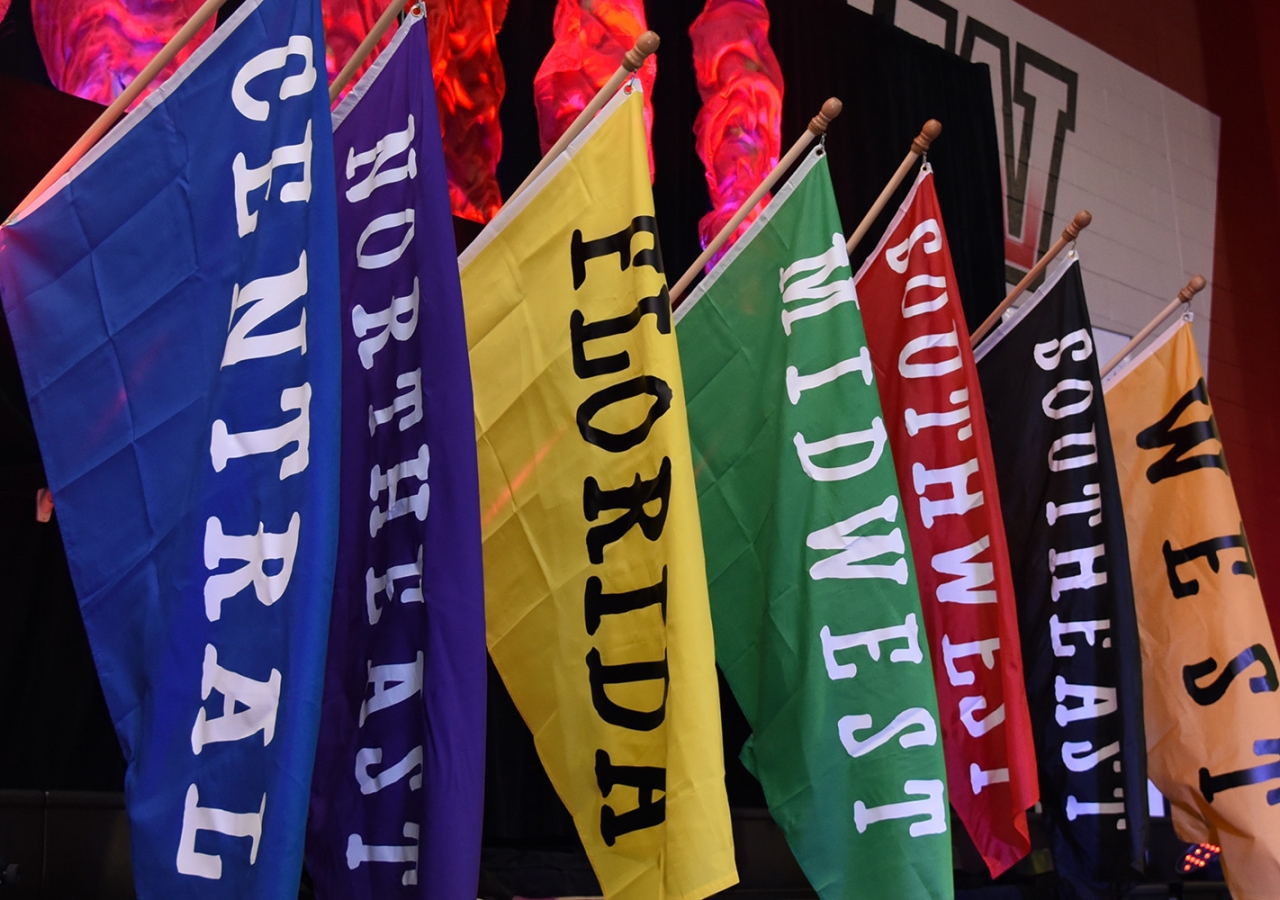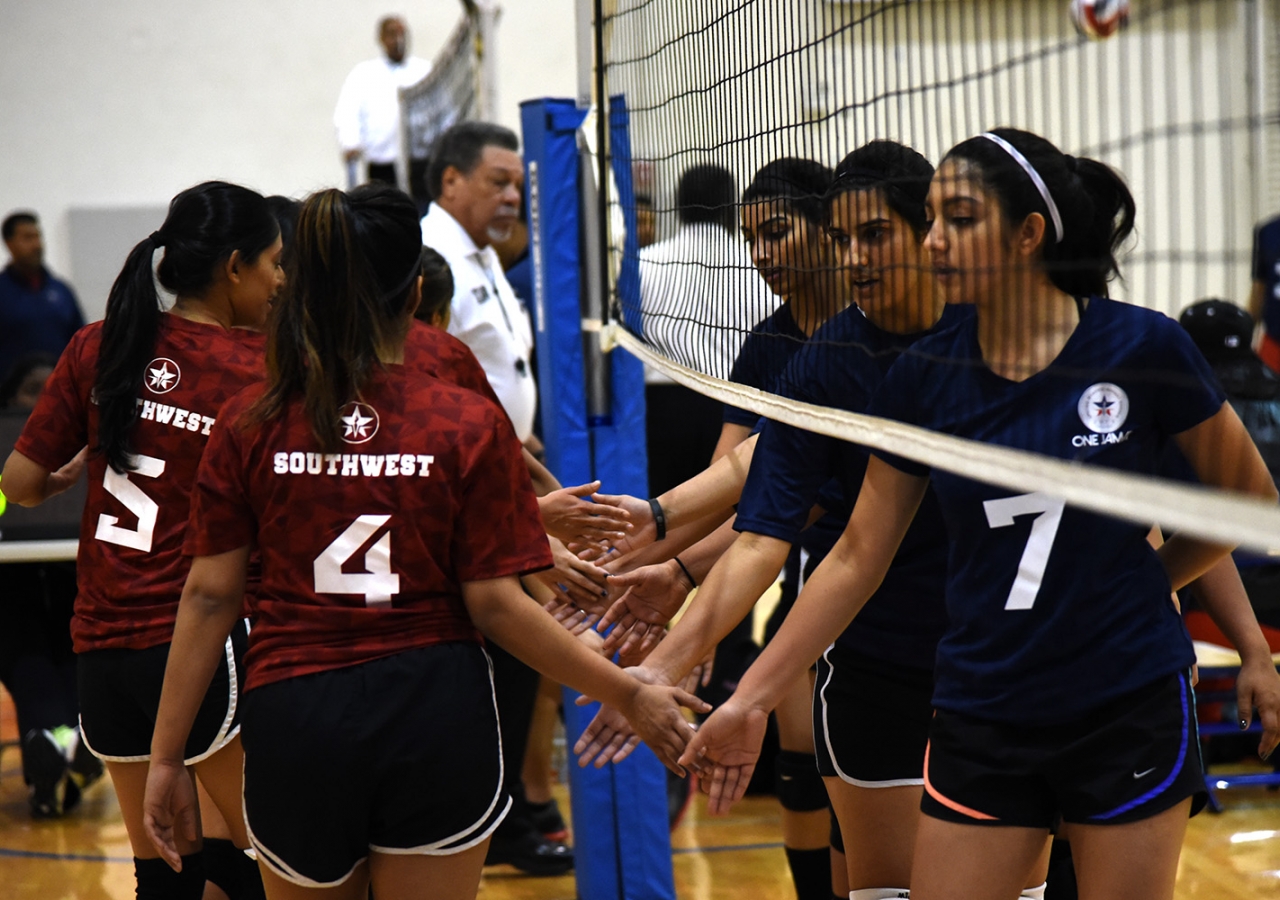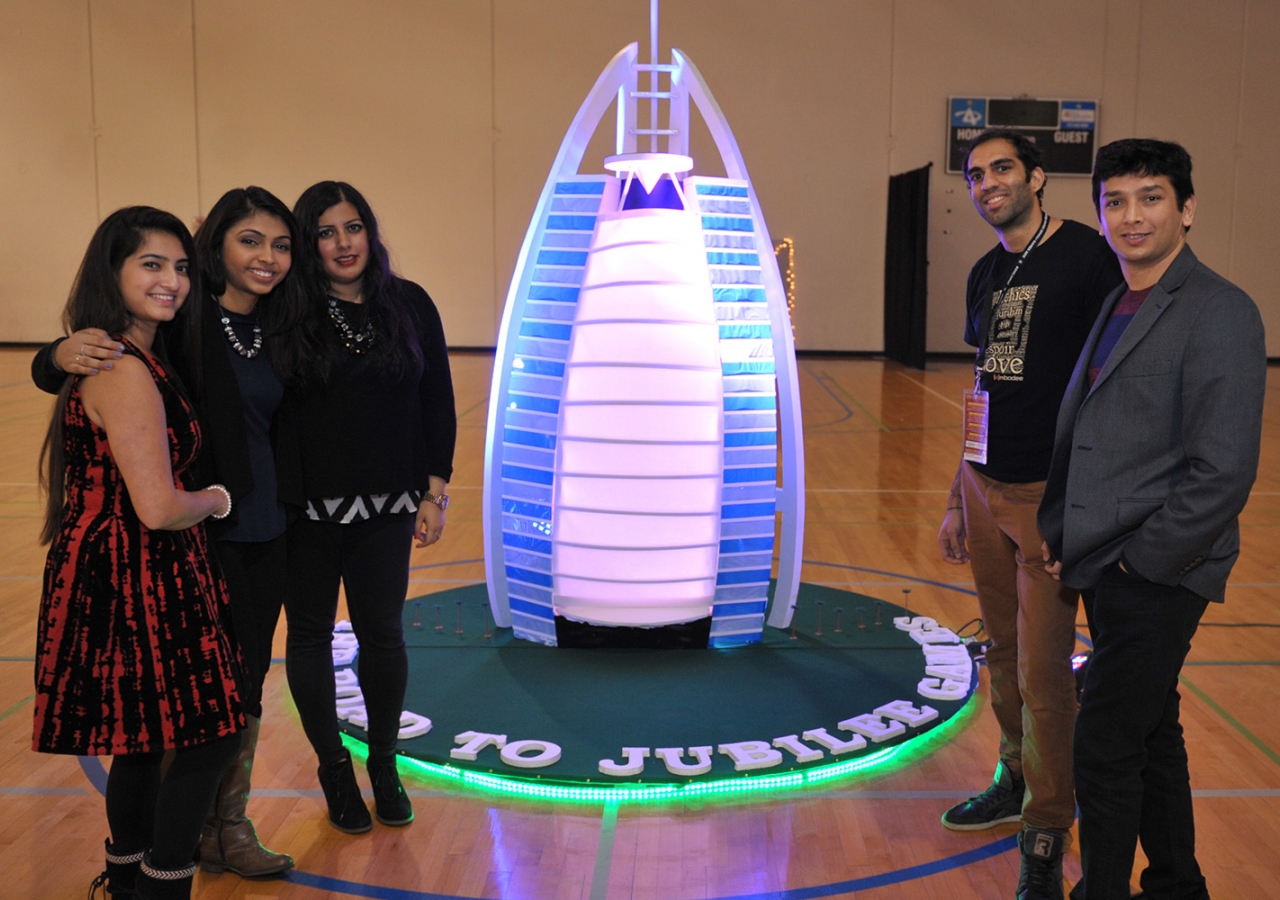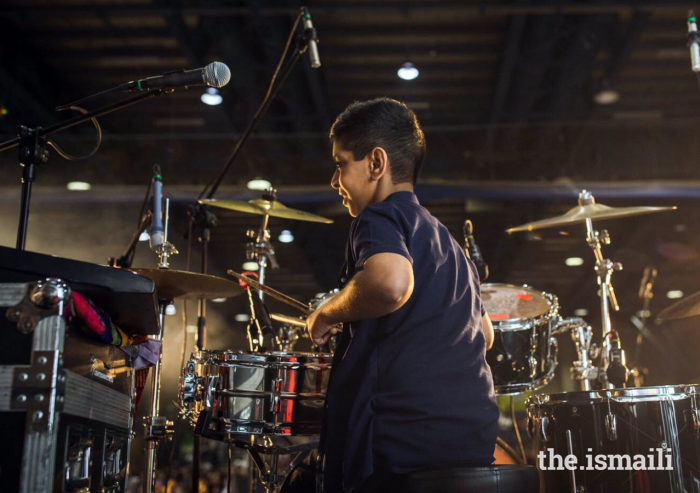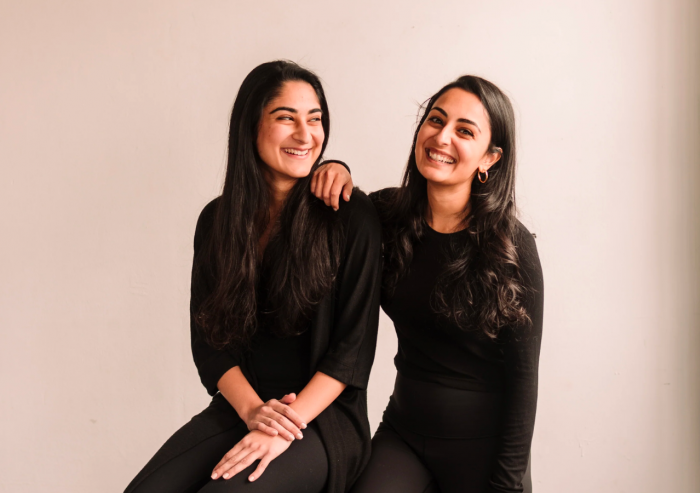Many athletes who competed in Dallas will represent the United States at the international Jubilee Games in Dubai next summer.
Jamati leaders presented plaques to the fire and police chiefs of Carrollton, the Games’ host city, to thank them for their support.
“It’s a proud moment for Carrollton to be the center of the Games,” Carrollton Police Chief Rex Redden said after the ceremony. “The spirit of competition is great for every community and helps build that sense of community.” Redden said he was moved by the sense of brotherhood and sportsmanship among the Jamat and its volunteers.
Nearly 900 hundred volunteers served at the Games over the course of the weekend. Farhad Kazemi, a local volunteer, enjoyed the diversity.
“They’ve come from different cultures, different cities, so we want to serve for the Jamat,” said Kazemi, originally from Kabul, Afghanistan. “When you see that all cultures are different, it feels good.”
Diversity within the Jamat
Riyaz Natha, who played soccer for the Central region’s Gold team (each region had three teams designated by colour), said playing alongside teammates with both South Asian and Central Asian roots helped him appreciate the differences between cultures and value his own East African background.
“You learn and grow because you’re not stuck in your own mold,” Natha said. “When you play, it’s more about the Xs and Os, so the differences just disappear.”
“That’s why it’s called One Jamat,” adds Natha’s teammate Karim Baksh, who is originally from Afghanistan.
The team from Albuquerque represented one of the smallest Jamats in the tournament, and that came with its challenges — they suffered three injuries during the Games. Having only three substitutes on the bench, they were forced to finish the tournament with no subs. But they chose to see the positives.
“The benefit is your are one small, tight-knit group,” said Natha.
That same bond extended to teams from larger Jamats as well as between athletes who competed against each other in individual sports.
Adam Merchant, who plays squash at Colby University in Maine, praised the level of competition and sportsmanship displayed at the tournament.
Merchant was happy with the opportunity “to play people from all over the United States that have come here to show their experience in squash and see how good they are. It’s just phenomenal.”
Fighting through a wet weekend
The weekend’s cold winds and heavy rain created difficulties for the event, forcing changes of venue and causing golf and cricket to be postponed until spring.
“The athletes were undeterred,” said Sean Hassan, Chairman of the Aga Khan Youth and Sports Board for the US. “They brought it. They didn’t let the weather slow them down.”
Softball underwent the most drastic changes, going from a three-day tournament played on a natural field to a one-day tournament on artificial turf. Players from the Southeast Black team who battled through frigid temperatures and difficult field conditions said they were ecstatic to suit up for their matches — even if it was under less than ideal circumstances.
“We just wanted to play and it was worth every minute being on that cold and rainy turf field for 10 hours that day,” said Naureen Gilani. “Our team had a lot of energy and focus and we were able to work together as a team and bring home the gold.”
Mehak Delawalla, captain of the gold-winning West Black basketball team, said her teammates’ character and determination contributed to their success.
“To get through adversity and win when it matters shows perseverance, and that we’re never willing to give up when things are tough,” she said.
The Central Black men’s basketball team had a similar experience. “We’ve been practicing for this moment since 2011,” said team captain Danish Pradhan. “This is five years in the making.”
“Having five years of hard work pay off is priceless — it’s a dream.”
A lasting impression
“I’m overwhelmed,” said Zahir Ladhani, Vice-President of Ismaili Council for the USA, speaking about the Games as a whole. “The reason I say overwhelmed is because it’s so exciting to see the talent, the spirit and the camaraderie the athletes played with.”
The Jamat’s unity and desire to strive for excellence, embodied by the athletes’ performances, created a legacy to build on.
“The Jamat, the future, is in great hands,” Ladhani said. “No doubt.”

